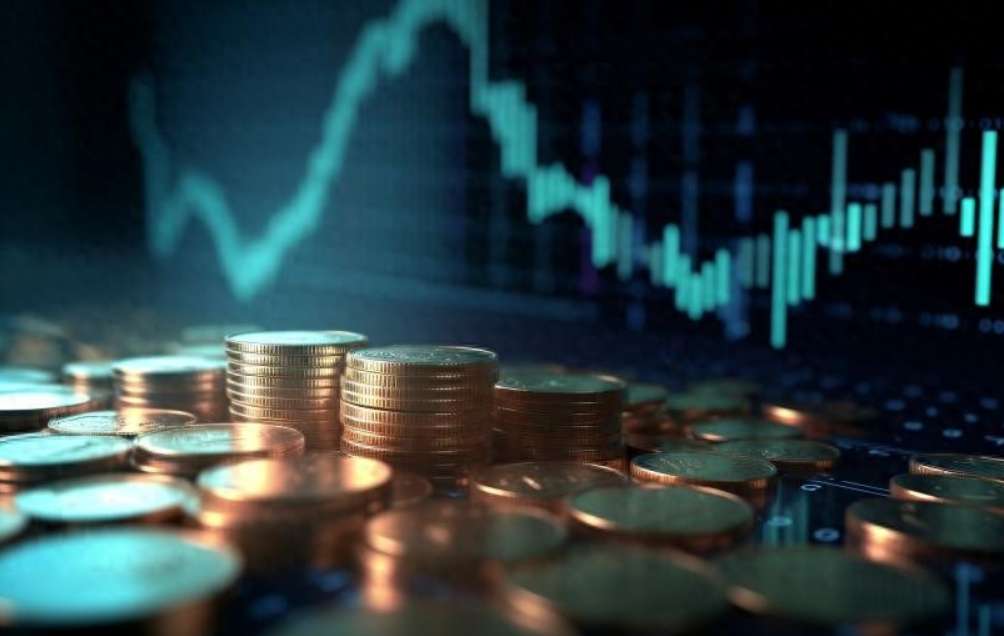Active Trading in Broad-based ETFs
Advertisements
Central Huijin Investment Ltd. has notably made headlines recently with its strategic move into Exchange-Traded Funds (ETFs). On October 23, the company announced it had purchased ETFs and intends to continue increasing its stake in the future. This development is being closely monitored by market participants, who speculate that Central Huijin's move involves significant capital commitment, estimated around 10 billion yuan.
As an accessible tool for investing in the stock market, ETFs have grown more popular compared to traditional mutual funds. Currently, the overall market size of ETFs is nearing the significant milestone of 2 trillion yuan. This environment has led to fierce competition among various public fund companies attempting to capture market share.
By the end of the trading day on October 24, the top three performing stock ETFs by trading volume were the CSI 300 ETF, the CSI 500 ETF, and the STAR Market 50 ETF. Industry insiders noted that Central Huijin’s buying activity aims primarily to bolster market confidence, addressing the urgent need for liquidity support during a time when investor sentiment is fragile.
Following Central Huijin's announcement about its ETF purchases, there was a palpable surge in market interest surrounding ETFs. Historical context is noteworthy; the firm has made similar public announcements during times of financial distress, namely in June 2013 during the financial sector's cash crunch and in July 2015 amid a stock market crash. While these interventions are sparse, they tend to occur during critical junctures to maintain stability in the national capital markets.
Data analytics from Choice indicated that on October 23, 17 stock ETFs saw their share count increase by over a million units, demonstrating robust interest from investors. Leading the pack was the STAR Market 50 ETF, followed closely by the CSI 300 ETF and medical sector ETFs.
On October 23, total trading volume for stock ETFs reached an impressive 56.094 billion yuan, with 11 funds exceeding 1 billion yuan in transaction volume. The CSI 300 ETF, managed by Huatai-PB Fund, led with a staggering 9.592 billion yuan in transactions. Other notable ETFs included the STAR Market 50 ETF, the SSE 50 ETF, and the CSI 500 ETF—all showing excellent trading activity.

On October 24, the A-share market experienced a slight rebound, with stock ETFs accumulating 52.512 billion yuan in trading volume. The CSI 300 ETF remained at the forefront, accounting for approximately 5.441 billion yuan of the day’s transactions, reflecting its dominance in the market.
Typically, during periods of stock market sluggishness, stock ETFs tend to attract more capital flows, with broad-based ETFs gaining even more popularity. In the current context of market correction, many stock ETFs are seeing new inflows of capital. As of October 23, among the 605 stock ETFs with measurable data, 341 showed positive growth in their share counts—indicating increasing investor confidence.
Industry analysts also note that broader market movements often reflect investor sentiment. The increase in ETF shares suggests a growing willingness among investors to enter the market, highlighting an underlying optimism about the stock market's future.
Experts, like Xu Shengxiong, a product manager at a public fund platform, believe Central Huijin's actions will have a profoundly positive impact on both the ETF market and the stock market. The fact that Central Huijin represents state interests lends credibility and confidence to investors in a time when such sentiment is crucial.
Xu elaborated, stating that the buying behavior of Central Huijin signals a supportive stance towards the stock market. Moreover, their actions could attract additional capital, subsequently enhancing liquidity and ultimately benefiting the broader market.
According to Yi Xiaobin, the Director of Equity Investment at Shunshi Investment, Central Huijin's primary aim in purchasing ETFs is to bolster market confidence. He emphasized the critical nature of liquidity in maintaining market activity and preventing further declines in market sentiment.
Regarding the selection of ETFs, Xu suggested a careful approach, especially after the market's irrational decline. He emphasized the need to differentiate between industry-specific and thematic ETFs, selecting sectors poised for significant recovery or possessing strong growth potential.
Yi also advocated for a multifaceted approach, stating that while many major indices have hit their lows in several years, broad indices tend to rebound to average returns post-stabilization. Purchasing ETFs linked to broad indices is a prudent method, while also exploring sector-focused ETFs such as those for semi-conductors, pharmaceuticals, or renewable energy for potential high returns.
post your comment